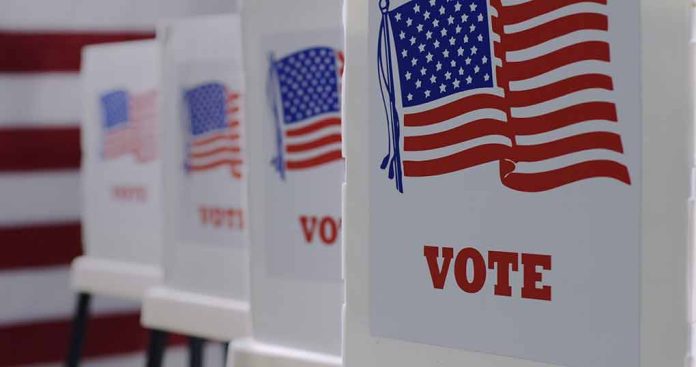
(RepublicanNews.org) – Puerto Rican Democrats took to the polls on Sunday, April 28th, to declare their preferences for the Democrat presidential candidate as well as 36 delegates to be sent to the National Democratic Convention, which will take place in Chicago, in August 2024. President Joe Biden enjoyed a decisive victory over his rivals, with early counts suggesting he had scooped over 90% of the tally.
Puerto Rico claims an unusual status within the United States as it sits as a territory, rather than a state, whose populace has different legal rights and duties to the U.S. compared to those from one of the 50 states. In Puerto Rico, individuals pay some federal taxes, such as social security, but no federal income tax. They are citizens, having been granted the status in 1917 and as such are welcome to move freely around the U.S., although they cannot vote in presidential elections. Despite having no ability to cast a vote in the U.S. national elections, Puerto Ricans have been able to have their voices heard through voting in the territory’s primaries. Donald Trump, former president and GOP frontrunner, recently cinched the island’s Republican primary vote.
The federal control board which has authority over Puerto Rico’s finances decided to minimize spending on this year’s primaries. As such, islanders had only twelve voting stations to choose from compared to the 100 or so available to them in previous years. This reduction in outlay has not deterred the Puerto Rican president of the Democratic Party, Charlie Rodríguez, from trying to stir up engagement with his party supporters. Rodríguez has vowed to hold a mock presidential election in November for Puerto Ricans to vote in.
Unless the campaign to grant statehood to Puerto Rico succeeds, it is unlikely that the islanders will take part in any valid presidential elections in the near future. Puerto Rico has held six non-binding referenda on the question of statehood over the past century, with the first four pointing to a population happy to remain a territory. In 2017, the outcome was in favor of statehood, but notably only about a quarter of the eligible population turned out to vote. In 2020, just over half of the eligible voters cast their ballot to answer the same question, and again, voted to become a state. Only Congress has the power to transform the island into the 51st state; however, the debate shows no sign of ending soon.
Copyright 2024, RepublicanNews.org










